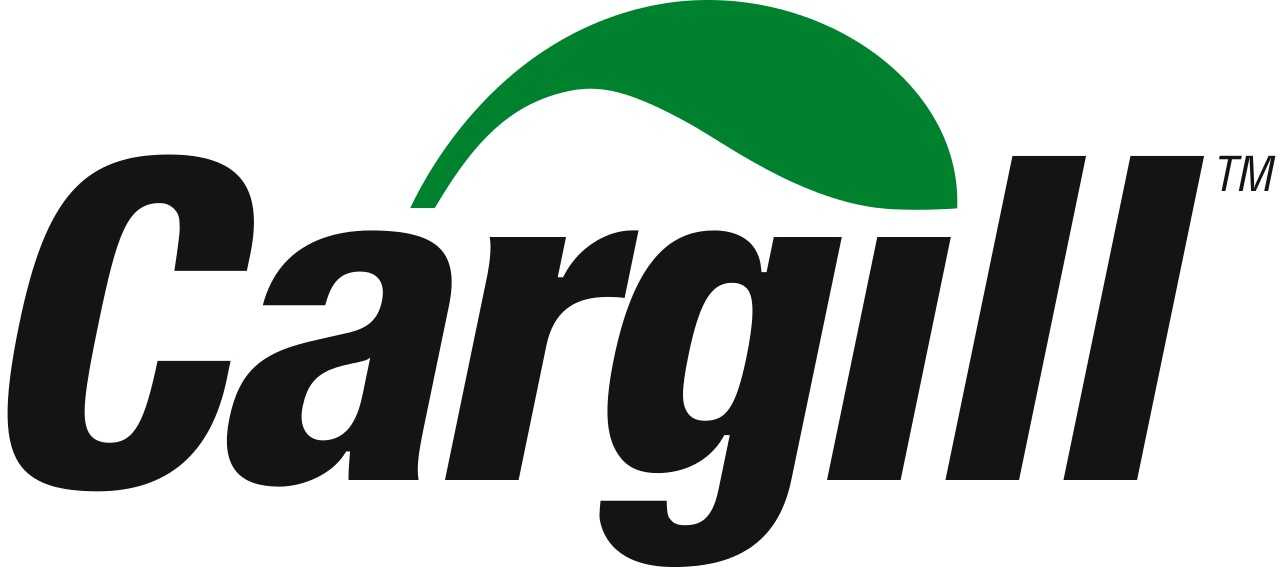AMSTERDAM, The Netherlands – Cargill is investing over a $113 million to expand its cocoa processing sites in Yopougon, Ivory Coast and Tema, Ghana. A $100 million investment will increase production capacity at Yopougon by 50 percent, creating 85 full-time local jobs and hundreds of indirect jobs, while a $13 million investment increases capacity at the Tema site in Ghana by 20 percent. To meet customer demand, a significant share of the additional capacity in our cocoa processing plant in Yopougon will be fully dedicated to produce Gerkens® deeply rich brown cocoa powders.
At the same time, Cargill is also investing $12.3 million over the next three years to expand sustainability and supply chain traceability programs in the two countries. This is a combination of a $7.7 million investment in Ivory Coast, and $3.4 million in Ghana in programs that will enhance the safety and well-being of children and families in cocoa farming areas and provide a more transparent, traceable cocoa supply chain for customers and consumers.
Explaining the expansion of the processing plants Lionel Soulard, managing director Cargill West-Africa said: “We aim to shift a greater share of our global grinding activities to the countries of origin, so we can support the establishment of a broader, local agri-food industry. Working directly with both governments and other key stakeholders, we are committed to economic growth, building sustainable local businesses and diversifying sources of income for cocoa farming communities.”
Investing in local communities, sustainability
The sustainability and supply chain investments in the two countries are taking place as part of the Cargill Cocoa Promise: the company’s corporate commitment to improving the lives of cocoa farmers and their communities. These community projects will focus on creating stronger, more resilient cocoa-farming communities.
The Ivory Coast investment will include:
- Expanding of the Child Labor Monitoring and Remediation System with the International Cocoa Initiative, bringing the total number of cooperatives and farmers in Ivory Coast from 53 cooperatives and 46,800 farmers to 130 cooperatives and 120,000 farmers in 2022.
- Collaborating with long-term partner, CARE, to set-up Community Development Committees and develop Community Action Plans in 23 Ivorian communities. The effort will strengthen the financial inclusion and entrepreneurship skills of women in cocoa farming households and support Cargill’s implementation of the Child Labour Monitoring & Remediation System.
- Launching of a new program with Save the Children to support and lift up youth at risk of child labor.
- Expanding of our partnership with the International Finance Corporation to launch the Coop Academy 2.0. The program will provide management, operational and digital training for cooperative leaders and female entrepreneurs to 140 partner cooperatives.
- Collaborating with new partner, Empow’Her, to strengthen cooperative support to women’s groups, including work to build group leadership and help professionalize and scale up their activities.
- Constructing of six new schools, which upon completion will be handed over to the Ministry of Education.
Turning to the expansion of production in Ghana, Aedo van der Weij, managing director of Cargill’s cocoa and chocolate business in Ghana said: “Building on the success of the ‘Good taste of Ghana’ campaign when we started producing cocoa powders in the country in 2008 and selling them worldwide to our customers, the expansion of Tema is needed to meet customer demand for high value cocoa powders.”
“Alongside this we also recognize the best way to safeguard cocoa is to improve the livelihoods and well-being of farmers and their communities. The best way to achieve sustainable business practices is by working through partnerships with governments and other stakeholders who know what works for their local communities. That way both parties can do what they do best and together achieve a real transformation,” added van der Weij.
Cargill’s $3.4 million investment in sustainability and social programs in Ghana will go towards expanded or new programs with partners to create a more sustainable cocoa sector. These will include:
- Implementation of Child Labor Monitoring and Remediation System (CLMRS) with the International Cocoa Initiative (ICI) to include 8,000 farmers and their families in 56 communities by September 2020.
- Collaboration with long-term partner, CARE, in 156 cocoa growing communities. The effort will strengthen community governance and improve dietary diversity through homestead gardens, nutrition education programming and cooking demonstrations.
- An $800,000 investment to build six new schools and school infrastructure in key communities in Ghana.
In Ivory Coast, Cargill has also committed an additional $1.2 million to implement scalable mapping and monitoring technology solutions in 2020, including GPS polygon mapping and a digital Cooperative Management System (CMS) to advance traceability of the supply chain. In Ghana, where Cargill has already achieved 100 percent traceability in its supply chain from farm to factory using these technologies, the company will continue to invest in GPS polygon mapping of new farms.
Data from the deployment of GPS polygon mapping and electronic bean tracking solutions inform how Cargill designs and deploys its sustainability programs, in turn helping customers deliver on consumer demands for sustainably sourced products. Cargill’s digital CMS ensures that farmers and farmer organizations are empowered to manage their operations and receive secure, timely payments for their beans through digital payment options.















